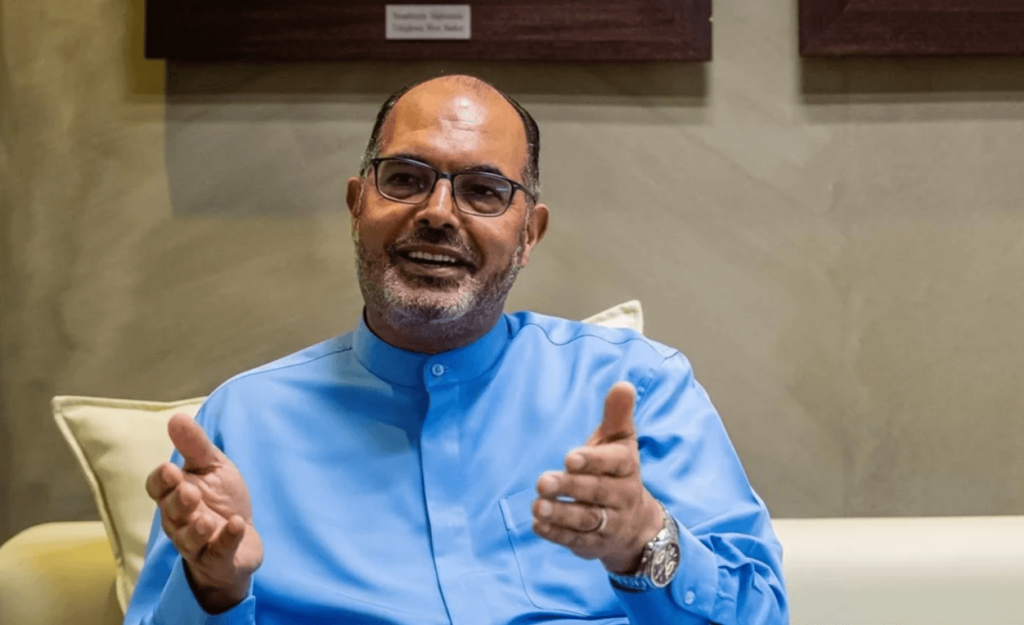
South Africa’s biggest single crisis right now is to stabilise energy supply. Without sufficient energy, there can be no growth and no economic recovery.
The power crisis, foreseen a quarter of a century ago, and in full force for the past 15 years, is contributing significantly to loss of domestic and international confidence in the sustainability of one of the world’s boldest democratic experiments.
He’s not going to thank me for this, but Edward Kieswetter, who has done a fine job as SARS commissioner over the past four years, dragging it from the deliberate near-implosion of the Moyane era, needs to be released from his current contract a year early, and parachuted into Eskom. He has already stated unequivocally that he does not want the job or any other in government for that matter. He’s clearly fed up. However this crisis needs his rare attributes.
He has not yet completed the SARS turnaround but it has sufficient momentum to persist under the management team he has built, until a suitable successor can be found. It will be easier to find a suitable SARS successor than one for Eskom right now.
Eskom needs someone intent on retirement in a couple of years rather than an early-career professional for whom the risk of failure is a massive deterrent. It doesn’t have to be a long-term contract- just someone who can restore some integrity to the entity, while nursing the ageing generation fleet back to health and ensuring the vast numbers of renewables projects coming on stream in the next 24 months can alleviate pressure on the utility which is teetering on the brink of serious breakdown.
Kieswetter is looking forward to the day, a year from now, when he will shut his SARS chapter behind him. He was on the verge of retirement four years ago when called upon to do the SARS job and has no intention of staying a moment longer than necessary.
Could he convince himself, and more importantly his family, that he should delay his scheduled stepping back for a little while longer?
Eskom needs a leader with private and public sector experience, one who is not immersed in politics, but understands the people and the landscape. Importantly someone who is bolshy enough and with sufficient credibility to be able to tell government to back off from interfering in the catastrophe that it has been allowed to become.
Former CEO Andre de Ruyter did not have that.
At 34, Kieswetter was one of the country’s youngest power station managers. Those were the days when Eskom was regarded as a leading global utility and provided some of the world’s lowest cost electricity. He moved into a management job at FirstRand before being drawn into SARS by then commissioner Pravin Gordhan as a deputy commissioner in charge of the large-business centre and delivered sterling results for the fiscus. He went back to the private sector to run Alexander Forbes and started The Da Vinci Institute for Technology Management and while pondering the prospect of a quiet life was again called upon; this time to help resuscitate the tax collection agency.
There he has overseen the complex process of clearing out henchman loyal to his predecessor, removing weak managers and rebuilding the entity to a more effective government agency.
His leadership style is firm, direct and uncompromising with just enough self-deprecation to make him affable and approachable in tough environments. He has been known to embrace and show empathy for bereaved executives under scrutiny for malfeasance, express sorrow at their loss, but in the same breath let them know that while they would be given time to grieve, there would be no let-up in the scrutiny they were under. He is tough and unyielding – just what Eskom needs.
Within two years Eskom could be shepherded through its current crisis. The legacy generation fleet could be working better and by then there should enough private sector renewables to alleviate the worst of the power cuts.
Then, with the main thrust of the job done, Edward Kieswetter could go into a well-deserved retirement with the gratitude of a battered country waving him on his way. Then the talented careerists would be lining up to share in the glory of the recovery.
He doesn’t want the job. That’s clear. But who else is there?
Image credit: News24



